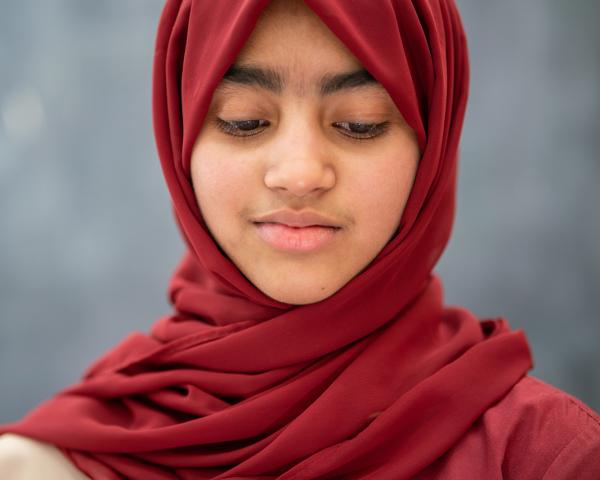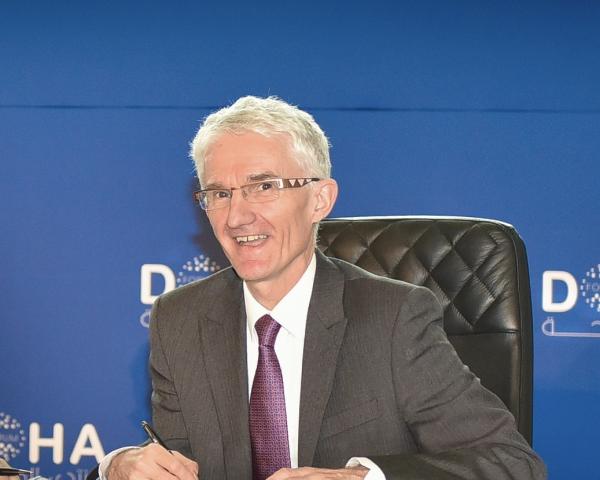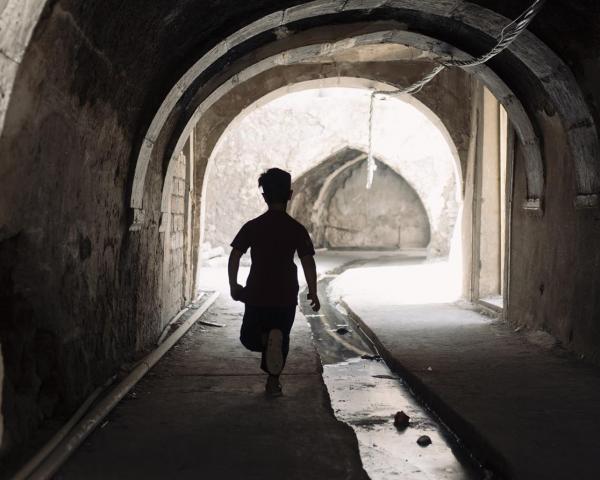Partner Story: Accelerated Education Programme Rescuing Children from Illiteracy in Maiduguri
Crisis has ravaged North East Nigeria and caused the loss of lives and properties as well as displacing millions of people.
School children in most communities have been the worst hit during the Boko Haram insurgency. The displacement has forced many to drop out of school due to their parents’ inability to fund their children’s education. Peasants who rely on their subsistent farming do not go to the farm anymore as they risk being abducted or killed by armed insurgents.
In North-Eastern Nigeria, 2.8 million children are in need of education-in-emergencies support in three conflict-affected States (Borno, Yobe, Adamawa), according to UNICEF. In these States, at least 802 schools remain closed and 497 classrooms are listed as destroyed, with another 1,392 damaged but repairable.
Thirteen-year-old Mziyakwa is one of the 2.8 million children forced to drop out of school or never been enrolled in formal education.
She narrated how she fled with her parents and two of her siblings due to insurgent attacks on their village, Azare community in Hawul LGA, Borno state in 2018 when she was only nine years old.
In Maiduguri, where her family fled to escape being killed, with the help of few relatives, they were able to find accommodation in the Wulari area of the city. However, this was not enough as her parents, who were formerly farmers, also lost their farmlands, which was the only source of income for the family.
“I have two sisters and only the eldest of us is in school,” said Mziyakwa.
In 2020, Mziyakwa was able to join her friend, who attends the Accelerated Education Program (AEP) organized by Plan International led consortium. The project is funded by the European Union (EU) and is meant to support vulnerable girls and boys who dropped out of school and are now trying to go back. At the AEP classes which take place in Borno state, they are taught subjects like Mathematics, English Language, Basic Science and Technology, History and National values.
The program specifically targets out-of-school children between the ages of 10 and 18 who were in school but had their education interrupted and are now overage, as well as those who have never been to school and are overage, to start formal education from the foundation class. It is a flexible educational programme.
The teachers are selected based on professional teaching qualifications to deliver according to these specific learning needs.
Plan International is deploying the Accelerated Education Program (AEP) to support 8,400 children who are out of school in the North East to catch up on missed years through a non-formal programing approach for affected students and even adults who can be later mainstreamed into formal education or wish to acquire skills. Plan International is also replicating the same AEP in the neighbouring Niger Republic.
“The AEP program is a dream come true.”
“I left school in primary 4, but I am currently in stage 3 in the AEP class. I found it difficult to catch up initially but right now, I can read and write in English language and even speak. It has been my dream to easily communicate in the English language. Unlike my former school in the village where I was taught in my local dialect, Bura language.”
Mziyakwa can also calculate better and she is helping her mother with her kunu (a local drink made from corn) business. “Sometimes when I go to visit her at her business location, I help her to give accurate change to her customers.”.
She is now a champion of education in her community, as children in lower classes bring back their homework from school and she spends time to help them out. She aspires to be a teacher in the future.
She said: “Aside the homework I help children out with, I also organize lessons on the days we don’t have AEP classes, and I am so happy to transfer the knowledge I gained from the program. I really thank Plan International for transforming my life, giving back my dreams in a better way and helping me to affect my environment positively.”.
Plan International also donated learning kits to her and other children participating in the AEP including exercise books, pens, water bottles and providing psycho-social support services.
















